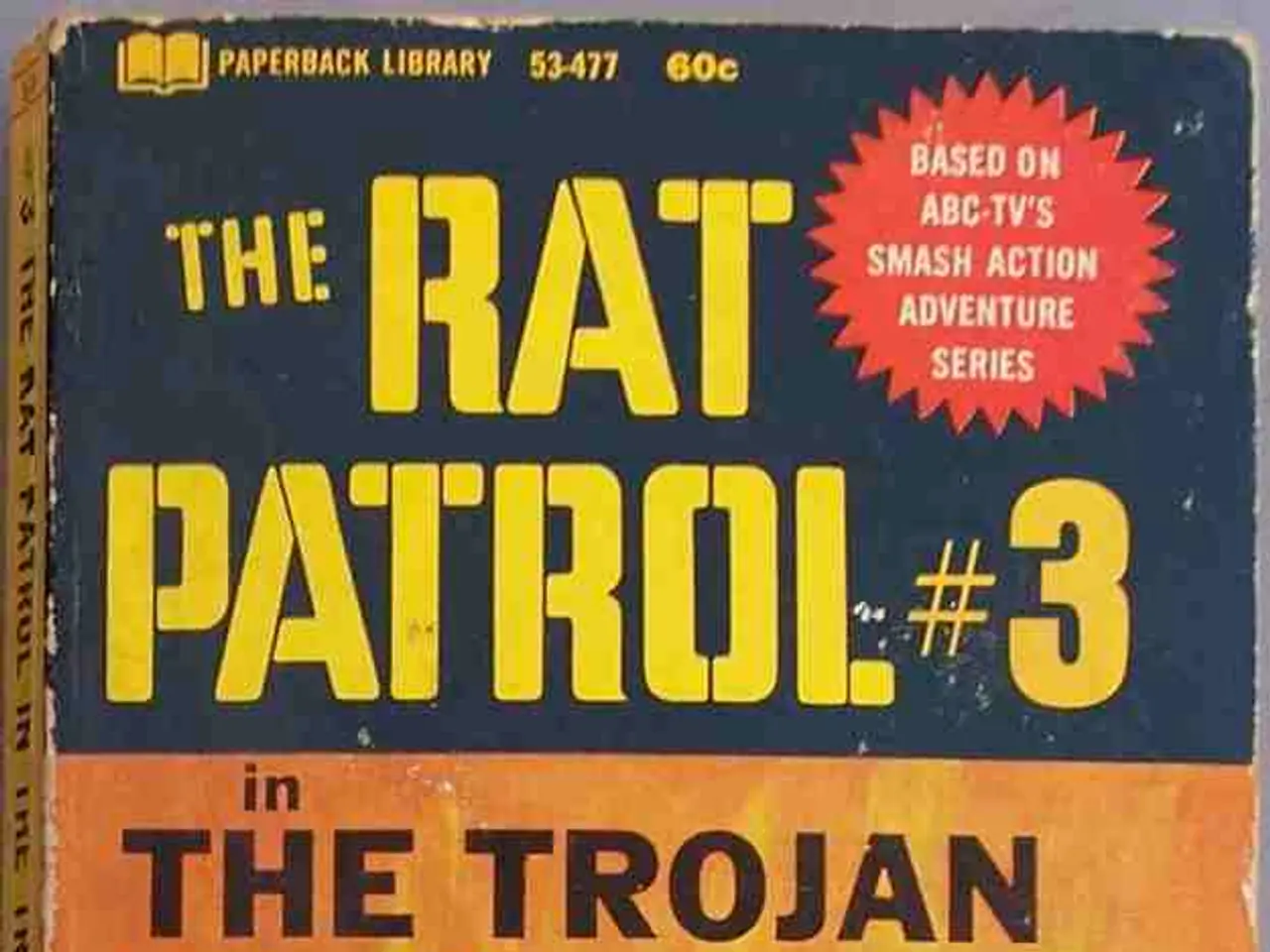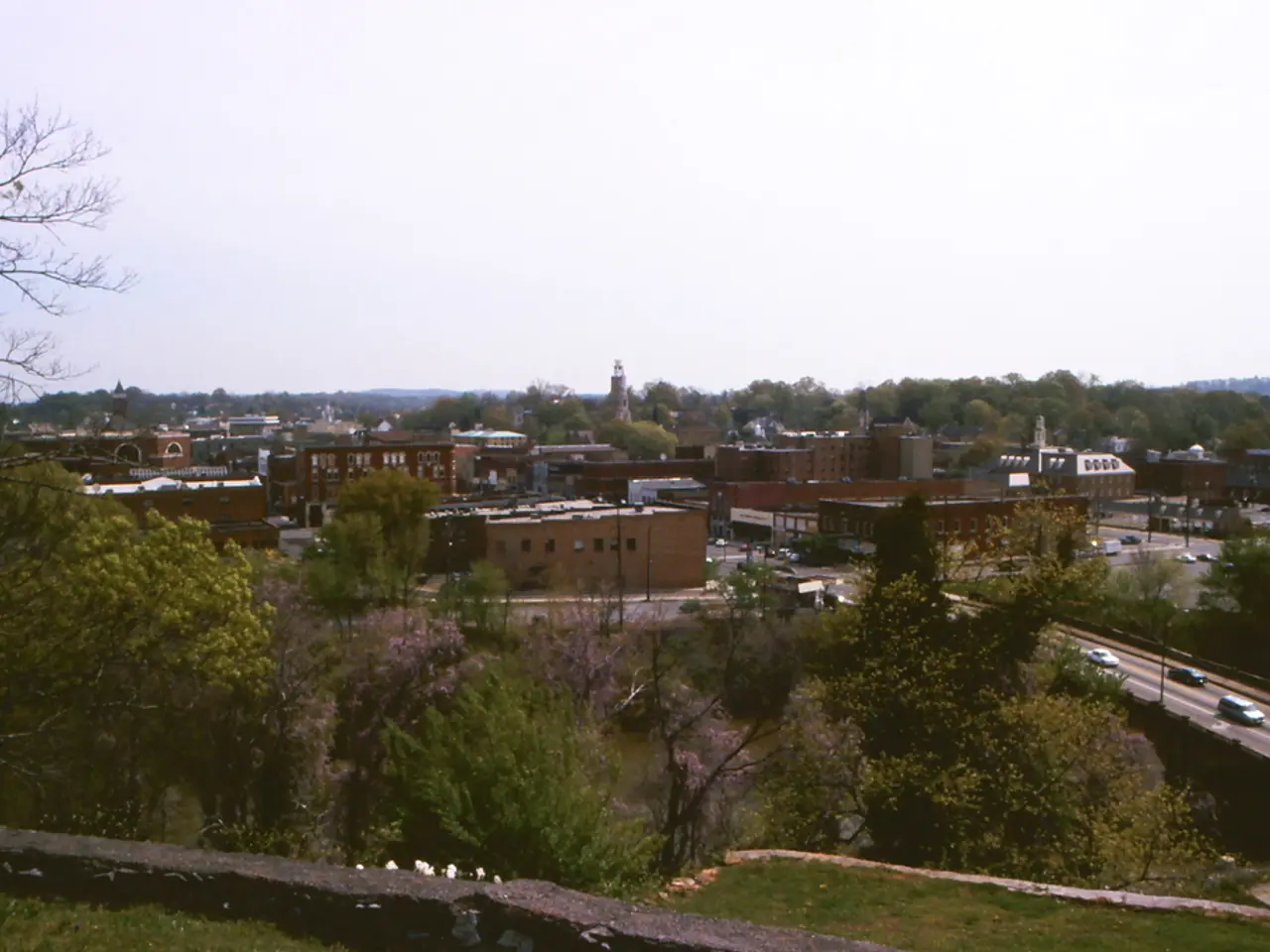Songwriter and Performer Royalties Breakdown Explained by PRS
Chillin' with PRS: Your Royalties Simplified
Got a minute? Grab a beanbag, lean back, and let's dive into the world of royalties. If you're more of a visual learner, lick here. Don't worry, no rabbit holes - just some handy info on PRS (Performance Rights Society).
What the Heck is PRS?
PRS is like the fairy godmother for musicians, ensuring those Righteous Royalties for their public performances roll in. Simply put, they're the cash collectors.
If you're a melodious maestro, registering with PRS or an equivalent is a must. If you're from the UK, PRS's your Performance Rights Organisation (PRO). If you're stateside, you've got ASCAP, BMI, SESAC, and a few others to choose from.
Coining Your Fair Share
This bit's for all the producers, managers, and the bedroom beatmakers. If you've got a manager, you can take it easy, but it doesn't hurt to know the backend dealings.
If you're a bedroom beatmaker (or a mix of all), fret not! You're a songwriter too, and eligible for those sick royalties. Check out the info below to claim your hard-earned dough.
After signing up on PRS, you'll see options such as Register and Amend Work, Report Live Performances, Search Works, Recordings and Products, and Check Unpaid Royalties. They also have some helpful articles and a magazine just for you.
Let's say you want to register a song:
- Navigate to Register and Amend Work
- Click on Register New Work
- Enter the title of your song
- Enter the duration
- Indicate if your song includes samples (don't get sued - clear those samples with publishers!)
- Fill in your shares, percentages, and add other writers
- Review your work before submitting
If you’ve already recorded music, knowing your ISRC (International Standard Recording Code) will help PRS track its usage.
Now, if you've done live performances, reporting them to PRS is quite straightforward:
- Report Live Performances
- Enter the performance date
- Pick the country and venue
- Input your setlist
If you don't report your setlist, PRS can't pay you your royalties. So, get those performances reported, mate!
The amount you receive depends on the venue size and audience count. Imagine cashing that royalty check from the O2 Arena. Oh, yes!
PRS in a Nutshell
That wraps up the PRS and royalties basics. For a deeper dive, lick here. Don’t be shy to join us at the next Music Industry Mondays event (grab your free tickets lick here). Cheers!
Engaging with PRS not only benefits musicians but also producers, managers, and bedroom beatmakers, as it ensures the collection of righteous royalties for public performances. After registering with PRS, you can manage your works, report live performances, and check unpaid royalties. Don't forget to report your setlists to ensure you receive your hard-earned money, and keep track of your ISRC to help PRS identify the usage of your recordings. Whether you're into finance, lifestyle, entertainment, or music, understanding PRS can lead to a profitable lifestyle.




